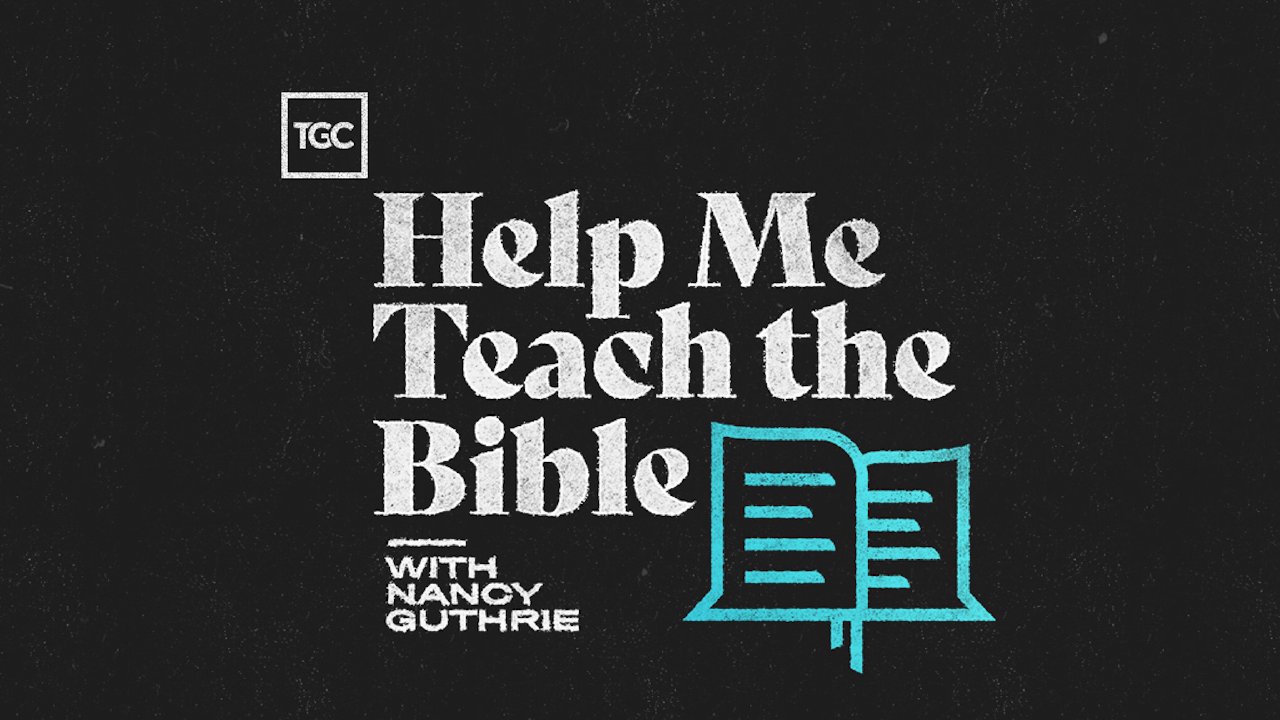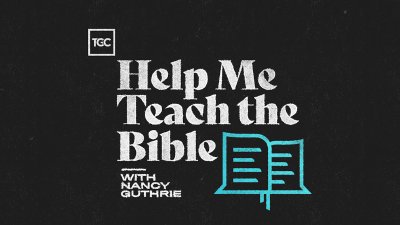There are two statements that I could immediately identify as being from Amos, even though I haven’t spent much time in the book. One is the rhetorical question, “Does disaster come to a city unless the LORD has done it?” (3:6), a question that is really a statement about the sovereignty of God over all things. And then there is Amos’s call: “Let justice roll down like waters, and righteousness like an ever-flowing stream” (5:24). But what is the book’s message?
According to Michael McKelvey—associate professor of Old Testament at RTS Jackson, and author of the commentary on the book of Amos in the ESV Expository Commentary Volume 7 —the thesis for the book of Amos is found in Amos 3:2, where God says to Israel: “You only have I known of all the families of the earth; therefore I will punish you for all your iniquities.” Israel’s chosen and privileged position as God’s people makes their rejection of him and his covenant particularly egregious, especially in light of the exodus and conquest of Canaan (2:9–10).
“It would be easy to fatigue listeners with the book’s heavy and pervasive message of judgment,” McKelvey says. But he encourages teachers to “let God’s Word convict of sin so that the good news of Christ will transform those who hear.”

Michael McKelvey on Teaching Amos
July 9, 2020 • Michael McKelvey, Nancy Guthrie
Live at TGCW22: Putting Personality and Passion Into Your Teaching
September 1, 2022 • Nancy Guthrie
In this workshop, recorded live at The Gospel Coalition's 2022 Women’s Conference, Nancy Guthrie works through twelve ways to put personality and passion into your teaching without making it all about you.
Putting Together a Christ-Centered Bible Talk
August 5, 2021 • Nancy Guthrie
You’ve been asked to give a Bible talk. Where do you begin? And how do you make sure you’re understanding and applying the passage rightly? How will you get to the gospel? In this workshop session, recorded live at TGC’s 2021 National Conference, Nancy Guthrie takes listeners through the process of preparing to teach the Bible—including prayer, looking at the context, determining the structure of the passage, composing an aim, creating an outline, getting to the gospel, developing applications, and coming up with an introduction and conclusion. She then applies each of these tasks to putting together a talk on Numbers 6:22–27. Putting Together a Bible Talk worksheet (referred to in this podcast)
It’s Not About You: How Biblical Theology Transforms Bible Study
June 24, 2021 • Nancy Guthrie
Even in churches in which men and women are getting a regular diet of biblical theology and redemptive history from the pulpit, what is being offered in small-group Bible study is often driven by felt needs, has little biblical or theological rigor, or is oriented around self-improvement. But when biblical theology infiltrates Bible study, it puts the emphasis on what Christ has done rather than on what we must do. It helps participants put the various parts of the Bible together so they begin to make sense. And it makes being united to Christ by faith urgent and necessary. In this workshop, recorded live at The Gospel Coalition 2021 National Conference, Nancy Guthrie works through seven ways biblical theology transforms Bible study, as well as ways teachers can develop a deeper grasp of biblical theology.




